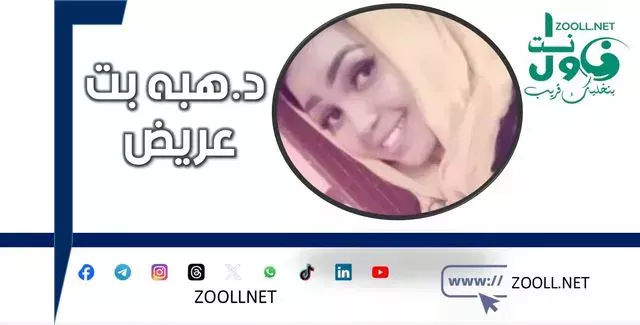Jeddah Platform between peaceful options and justifications for the use of force ✍️ Heba Bit Arayedh

Mediation is a method of dispute resolution, whereby a third party (neutral) called a mediator facilitates and coordinates the negotiations carried out by the parties to the dispute in order to reach an agreement between them.
Mediation is a voluntary process in nature and the mediator does not have the authority to make a decision that is at the heart of the conflict. Its role is rather limited to bringing together the points of view of the parties to the conflict and encouraging them. accept its suggestions and recommendations, work to extract alternative solutions, present them to the parties to the conflict and urge them to accept its suggestions and recommendations, and work to extract Alternative solutions are presented to the parties to the conflict without imposing them on them Its role is similar to that of the psychoanalyst who diagnoses deficiencies then proposes adapted solutions by synthesizing the points of view in order to bring the parts closer to the solution which seems acceptable to them.
In mediation, you find that it is the parties to the conflict who reach the settlement, that is, they are the ones who create the outcome. The role of the mediator does not go beyond facilitating communication and negotiation between the parties. to conflict and using a set of technical and technical skills that improve the parties' ability to negotiate in order to achieve satisfactory results for all parties in conflict.
At the start of the war in Sudan in mid-April 2024, and convinced of its firm role in supporting peace in Sudan, and in order to preserve its security and safety, the Kingdom of Saudi Arabia welcomed all actors regional and international efforts aimed at resolving the crisis, and determined to continue efforts to sponsor discussions through the (Jeddah Platform) in order to bring the views of the Sudanese parties closer to a ceasefire and the return of political dialogue to achieve peace and stability. in Sudan through the call for dialogue (Sudanese, Sudanese).
On the other hand, Sudan adopted (the Jeddah Platform) the only platform for negotiations with the (rapid support) forces and confirmed its categorical rejection of any negotiations outside Jeddah, considering any other platform as an attempt to internationalize the crisis and withdraw from the crisis. the carpet of the Jeddah Platform, and to evade the commitments that had been agreed, and the proof is, by freezing its membership in the African Union and refusing to sit down at the initiative of neighboring countries who were trying to resolve the crisis.
Furthermore, the Chairman of the Sovereignty Council and its members have no objection to the Jeddah Platform, appreciating the Kingdom's efforts and its unconditional support for the Sudanese people. We can therefore count on him to find a radical solution that will put an end to the crisis and. bring peace to Sudan, as it is the most serious platform to deal with Sudanese affairs. Since the start of the war, it has held three rounds and reached three agreements that were supposed to be implemented, but they were not implemented due to intransigence. rapid support and its inability to leave the homes of citizens and government figures, meaning that the Jeddah Platform failed in its implementation mechanisms and failed to reach binding agreements.
Since there has been no change in the position of the army leadership regarding the negotiations, the Sudanese have high hopes of resuming negotiations under the “Jeddah Platform” and ending the conflict , but the countries sponsoring the dialogue (the mediators) must have a clear vision. regarding ways to end the conflict, which has entered its second year, if regional and international efforts focus on finding solutions through more effective means, and not on how to push the army and the support forces quickly to sit at the same table, that's what makes the difference. The Jeddah Platform faces an obvious challenge: ending the conflict in Sudan.
*Thanks and gratitude to the Kingdom of Saudi Arabia* *For its diplomatic and material efforts through the (King Salman Center) to resolve the Sudanese crisis*,
*People are a disease, and the cure for people is *their closeness and isolation, the breaking of affections*.
Source link





